The Florida House has passed a bill aimed at preventing homeless individuals from sleeping in public spaces. The decision, made by an 82-26 vote, reflects a significant legislative step towards addressing homelessness.
The bill, supported by Governor Ron DeSantis, seeks to offer a structured approach to the state’s homelessness, emphasizing the importance of maintaining clean and orderly public spaces.
Governor DeSantis Supports the Homeless Bill
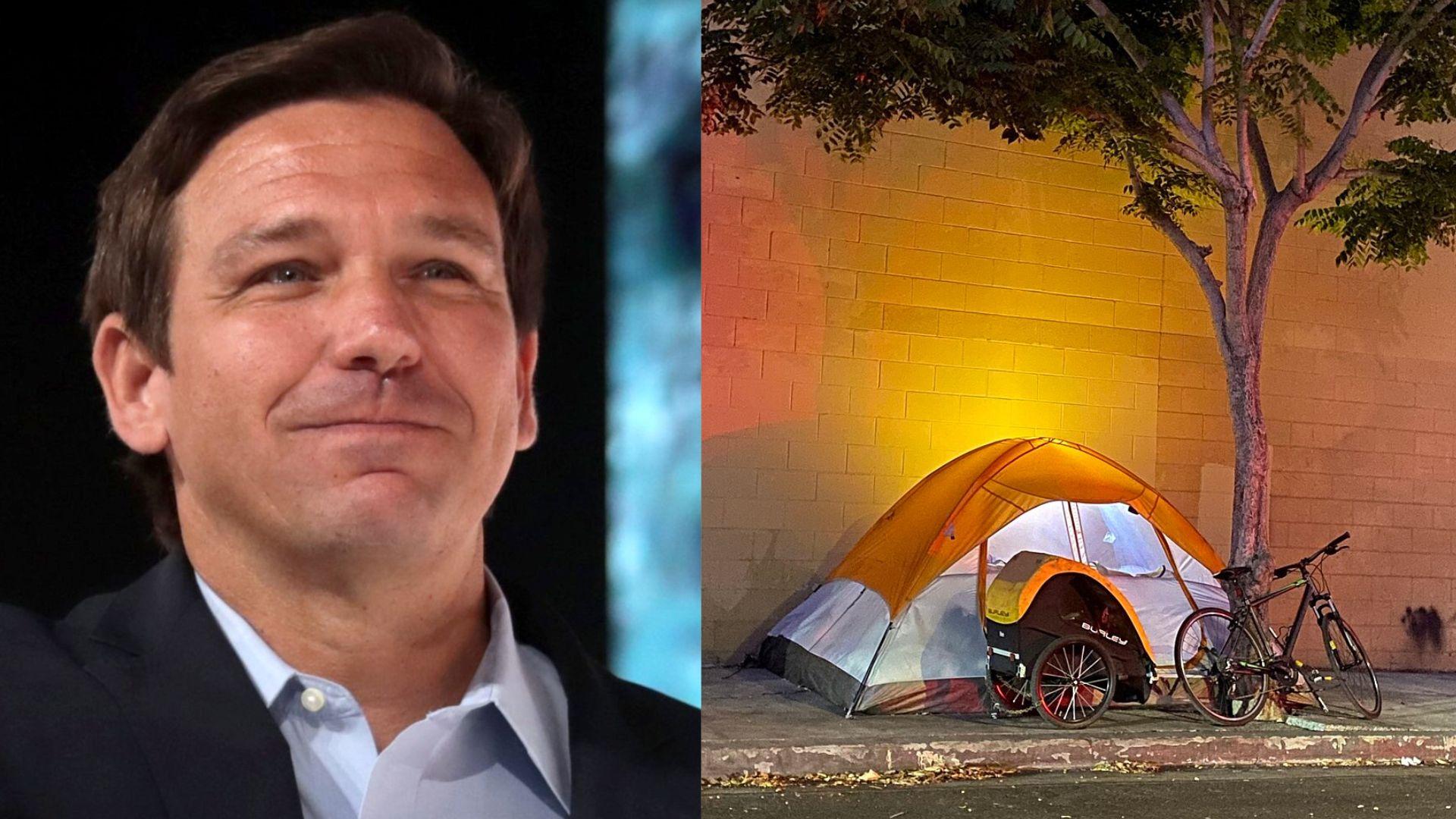
Governor DeSantis has expressed his support for the bill, stating it is a measure to “combat homelessness and keep Florida’s streets clean.”
DeSantis highlighted the need to avoid scenarios seen in other major cities like San Francisco, emphasizing the importance of proactive measures to address homelessness effectively within Florida.
HB 1365: A Closer Look at the Legislation
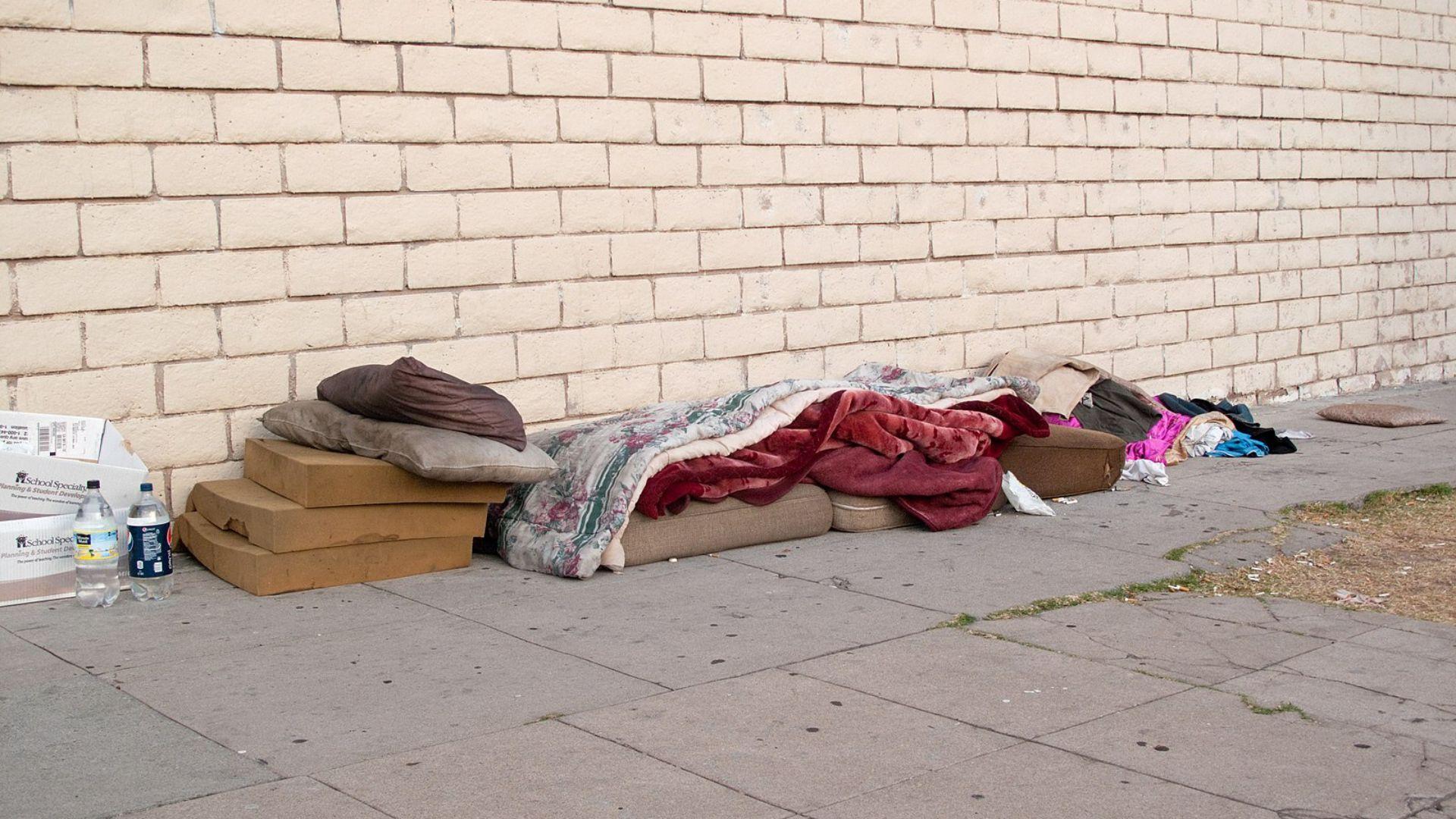
Fox News reports that the bill, HB 1365, was passed with substantial support in the House and is now being considered by the Florida Senate.
It reflects a broader initiative to address the visible aspects of homelessness, with a particular focus on preventing the use of public spaces for sleeping or camping by homeless individuals.
Residents and Business Owners Gain New Rights
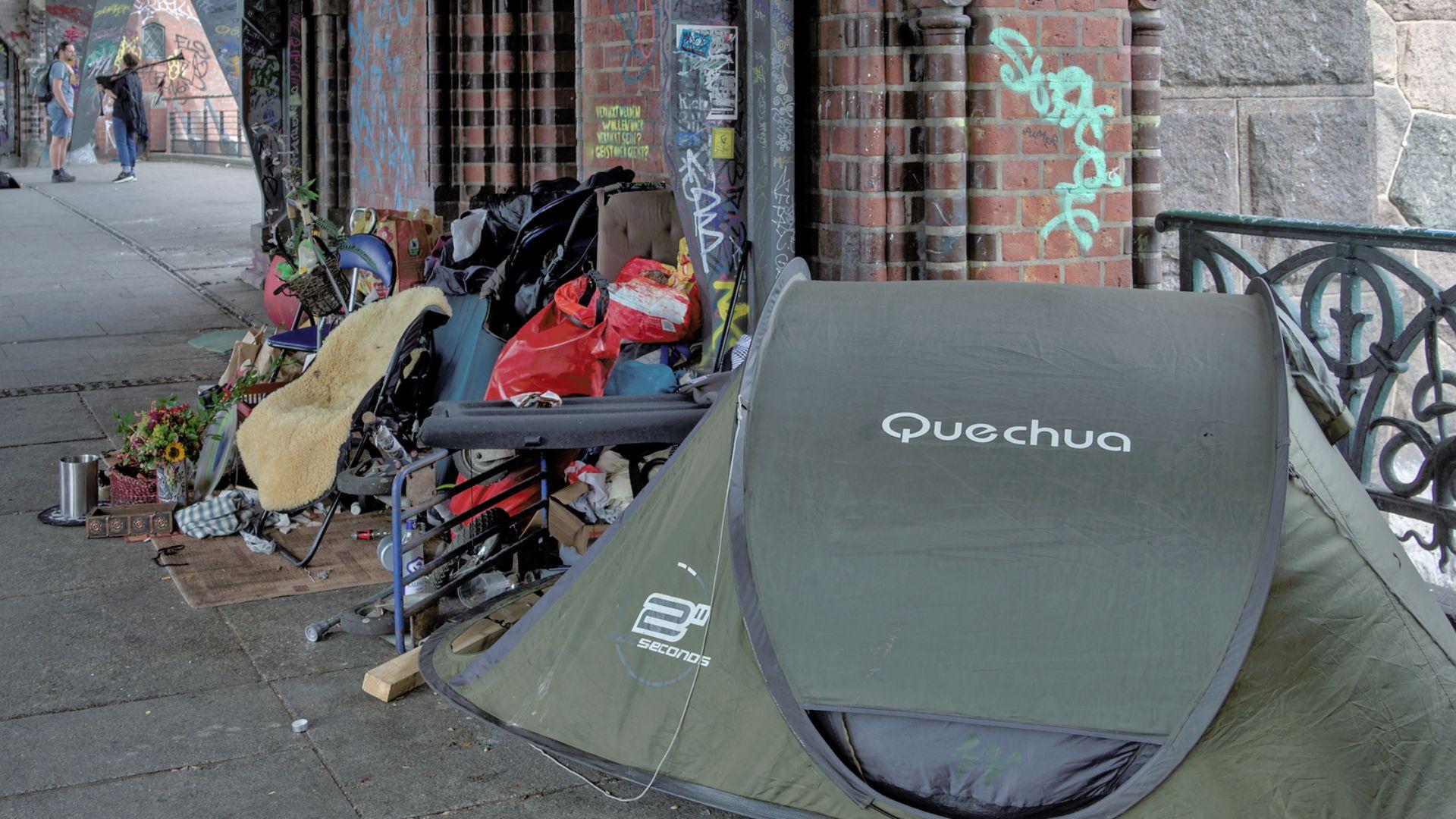
Under the new bill, residents and business owners will have the opportunity to challenge local government decisions regarding homelessness.
This provision aims to empower local stakeholders to have a say in how homelessness is managed in their communities, providing a direct avenue for expressing concerns and seeking resolutions.
A Growing Concern in Florida
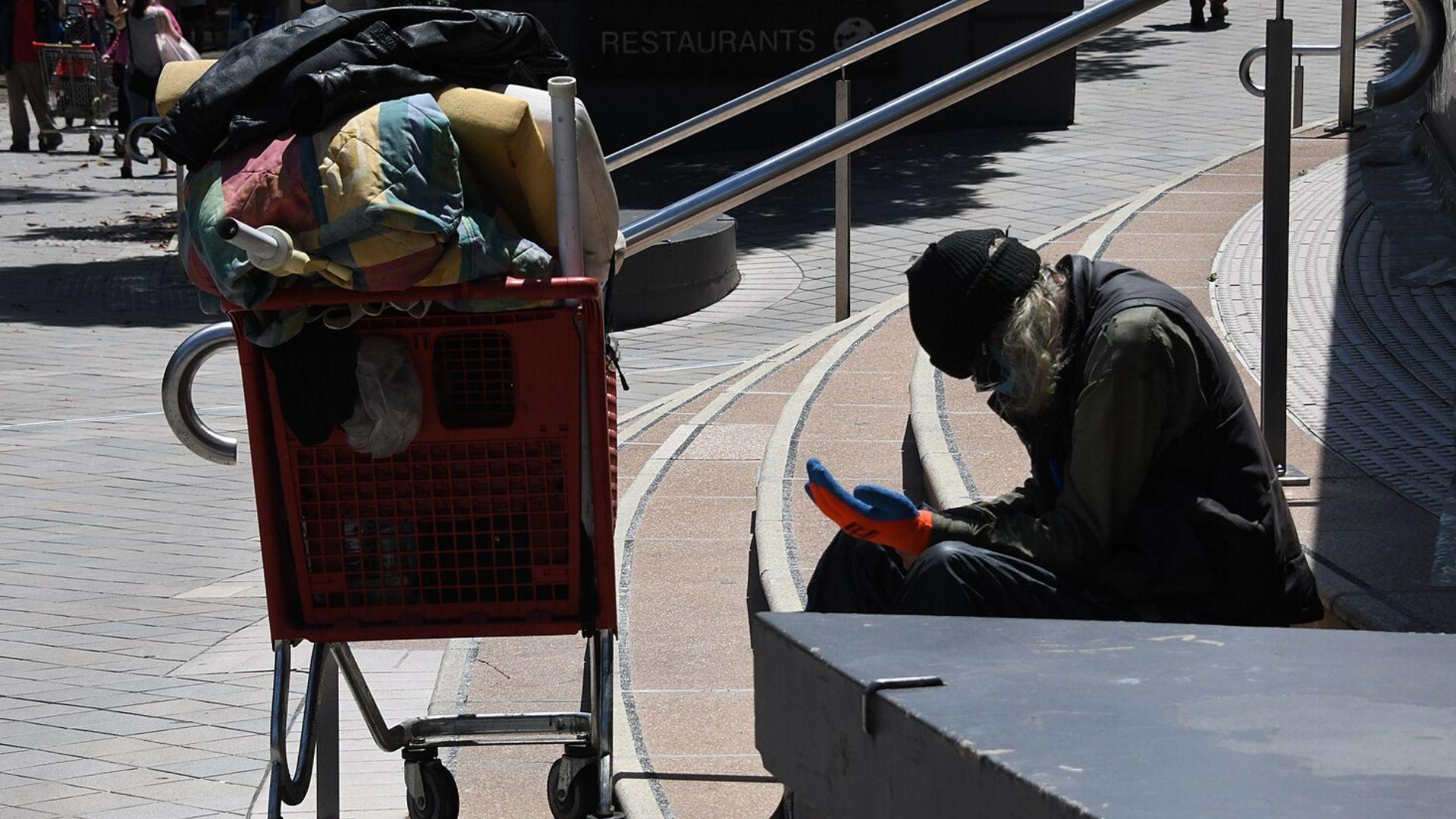
A 2023 report from the U.S. Department of Housing and Urban Development indicates a concerning trend: homelessness has reached a new national record, with Florida playing a significant part in this increase.
The spike in unsheltered individuals within the state has contributed to these rising numbers. Notably, more than half of all Americans facing homelessness, whether sheltered or unsheltered, are in just four states, with Florida alone accounting for over 5% of the national total.
Representative Garrison’s Advocacy
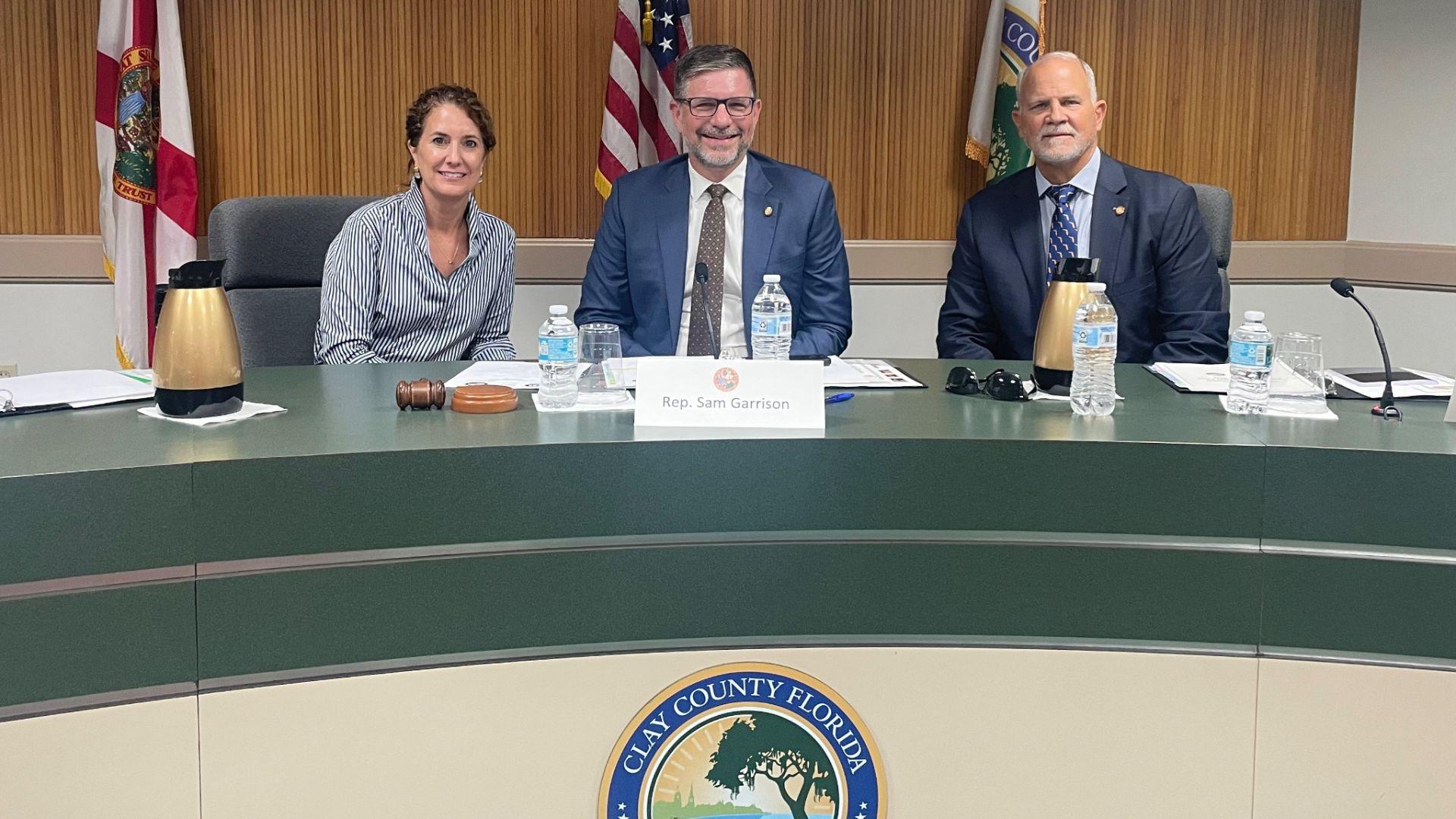
Representative Sam Garrison, a key proponent of the bill, stated on the House floor that the legislation “isn’t going to eliminate homelessness,” but is a step towards addressing the issue more effectively.
Garrison emphasized that the bill is intended to offer constructive solutions, saying “this is not a bill designed to put people out of sight, out of mind. It’s quite the opposite.”
Preventing a Crisis Like San Francisco’s
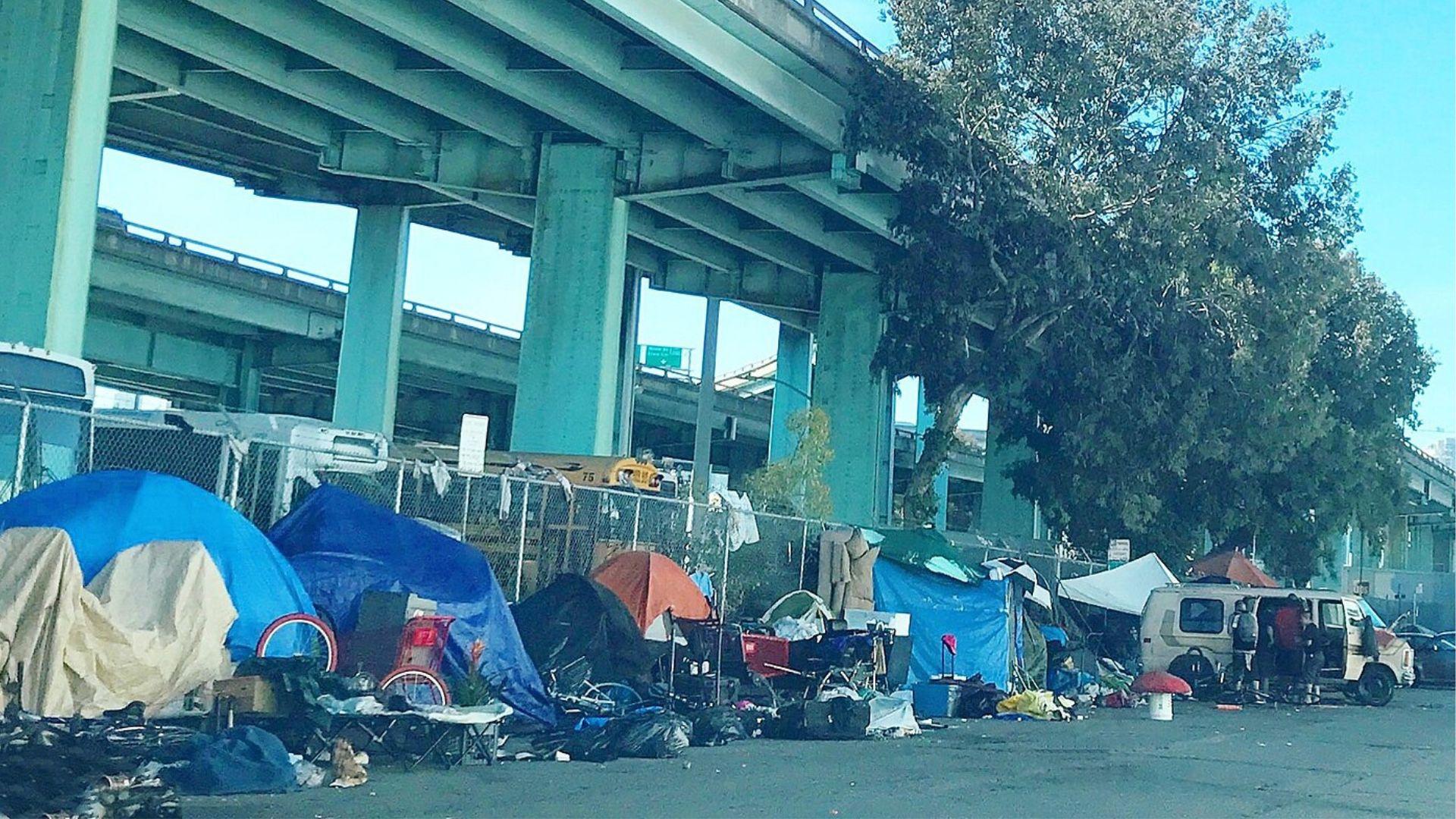
The aim is to prevent a situation similar to San Francisco’s homelessness crisis, where Garrison noted “ the problem exceeds the resources to address it.”
By establishing designated areas for sleeping and camping, Florida hopes to manage its homeless population more effectively, ensuring public spaces remain accessible and clean for all residents.
Establishing Designated Areas for Homeless
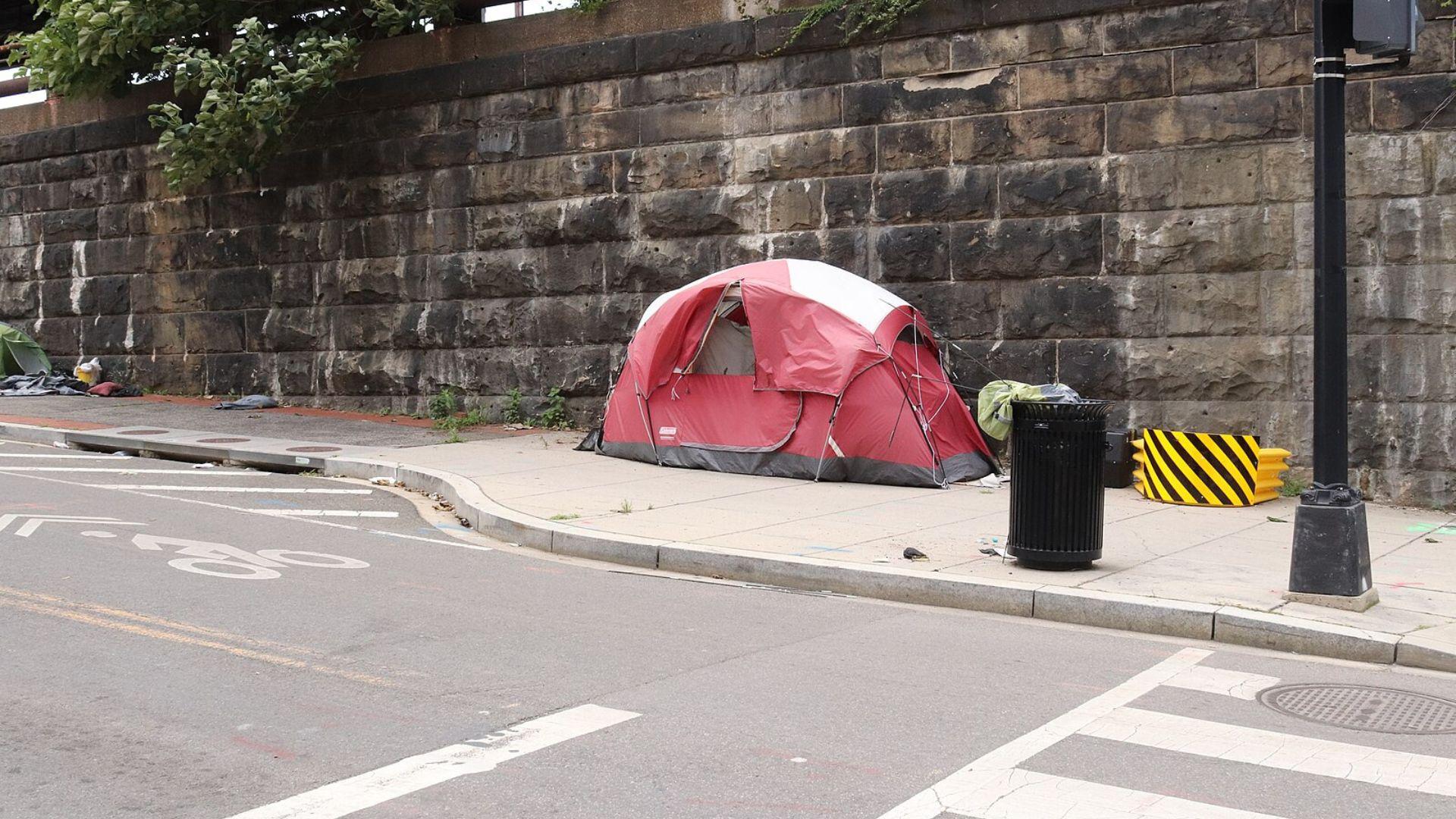
The legislation proposes the creation of designated areas for homeless individuals to sleep or camp, equipped with necessary amenities.
These areas are intended to provide a safer and more structured environment for homeless individuals, Newsweek reports.
Addressing Health and Safety
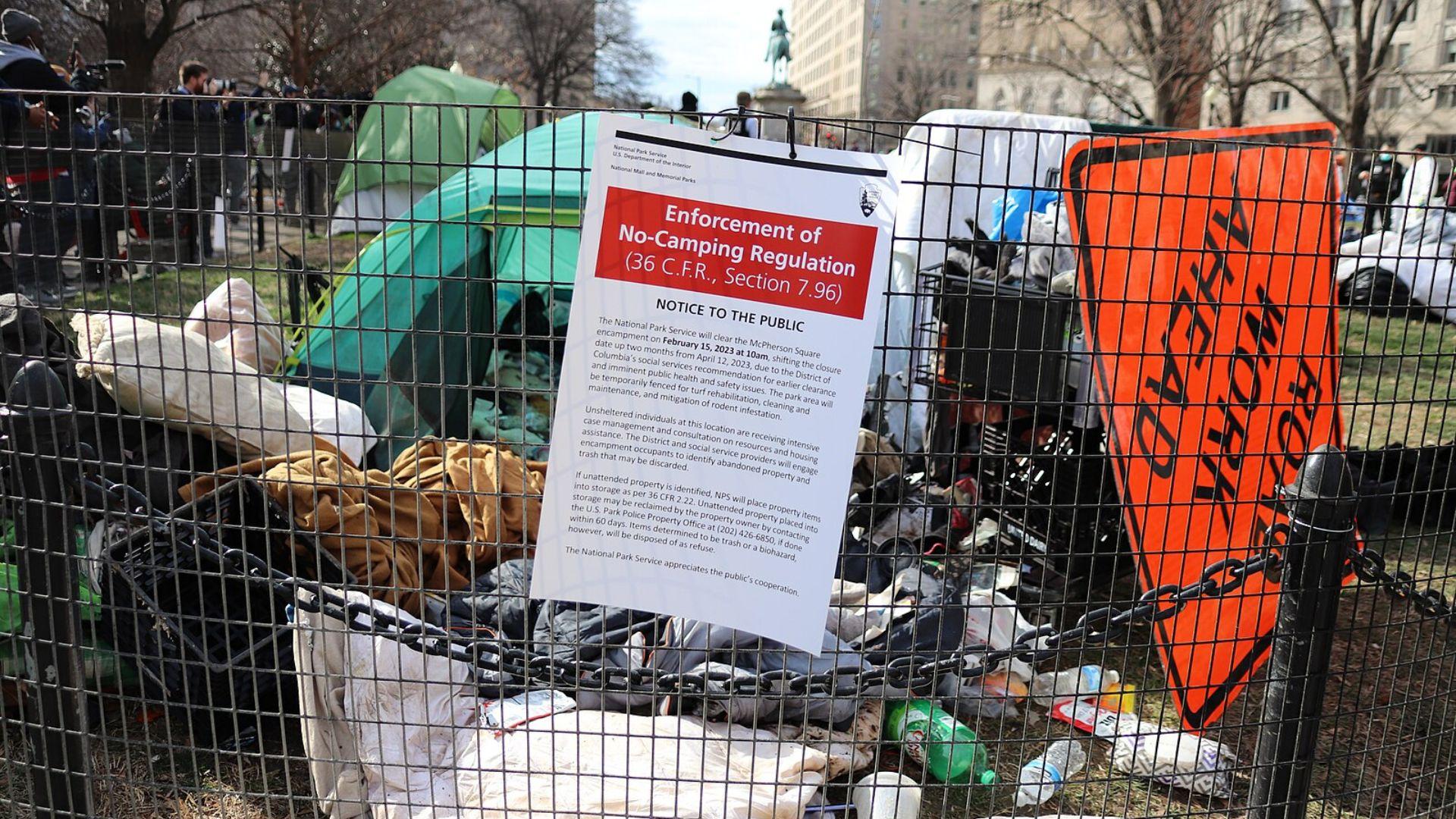
The bill emphasizes the importance of providing a safe and healthy environment for homeless individuals, with designated areas including access to restrooms, running water, and security.
This approach aims to address the immediate needs of the homeless while also considering the broader public health implications.
Democratic Opposition
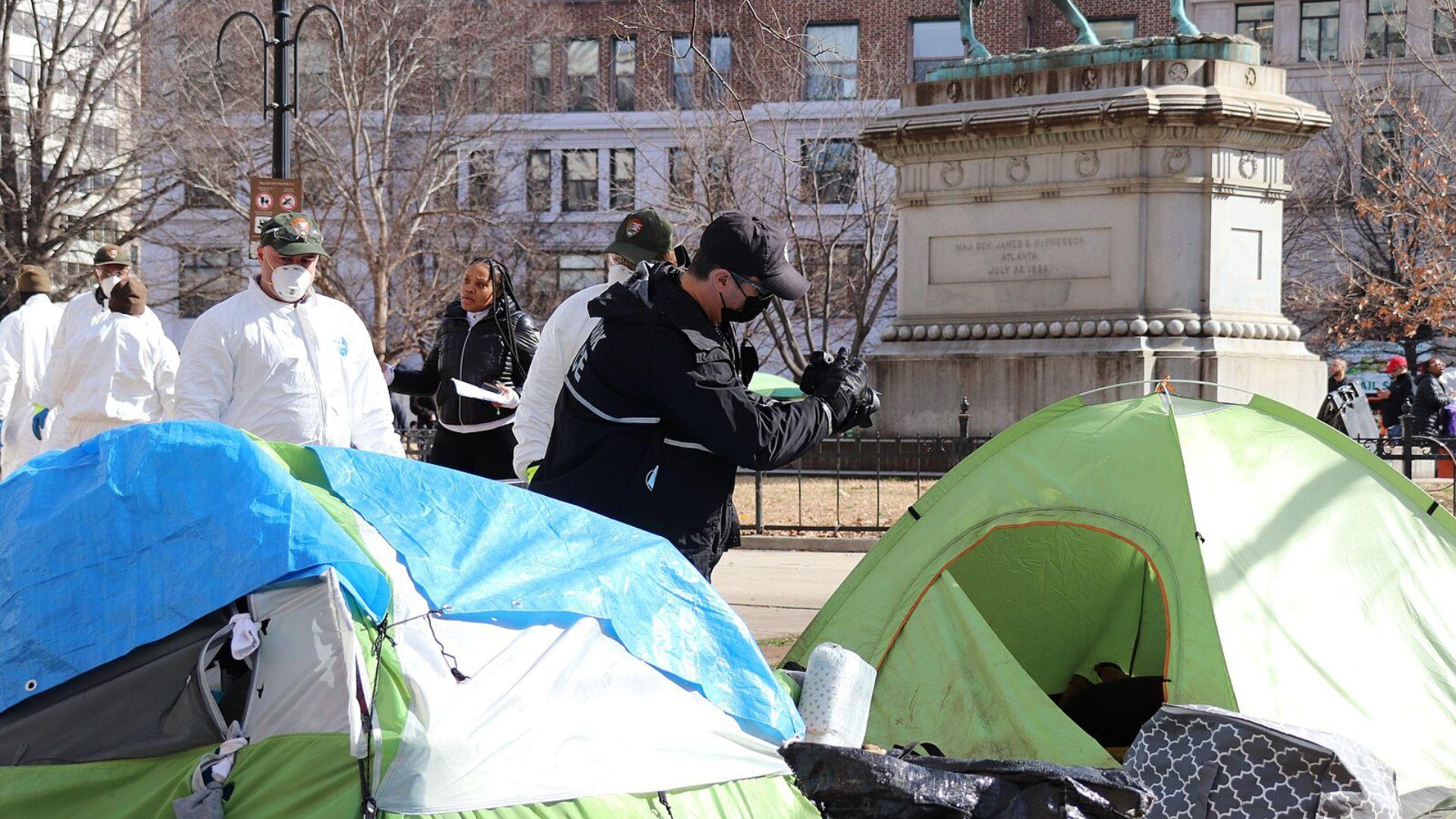
Democratic representatives have voiced concerns about the bill’s approach to homelessness.
Rep. LaVon Bracy Davis criticized the bill for potentially criminalizing homelessness and not addressing the root causes.
Addressing Concerns About Enforcement
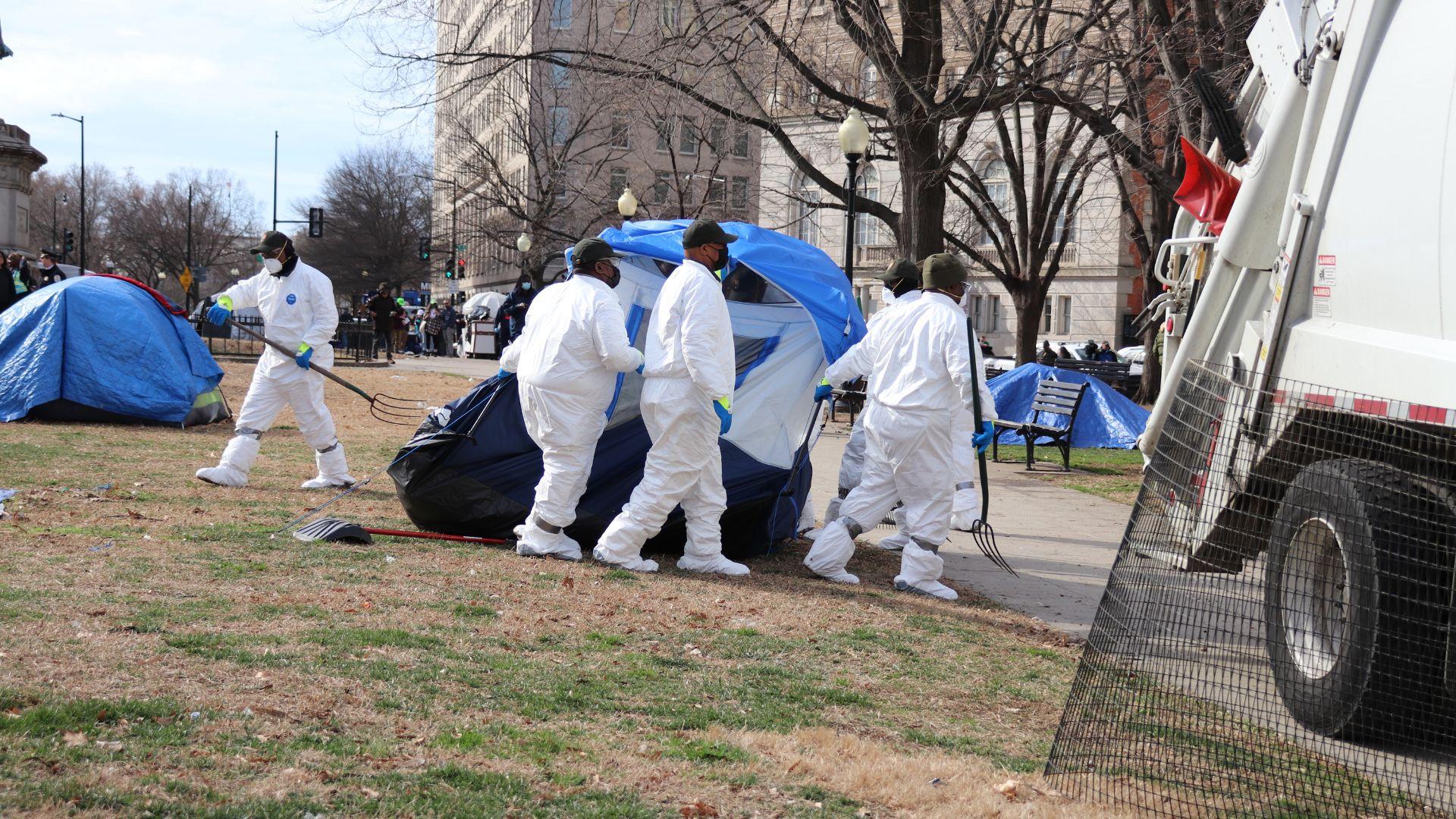
During the legislative discussions, further concerns were raised about the enforcement of the new rules against public sleeping. Democratic Representative Anna Eskamani questioned the potential for arrest of homeless individuals who might not comply with the designated sleeping area requirements.
In response, Representative Sam Garrison clarified the bill’s stance on enforcement. He stated, “Our bill does not describe criminal penalties. We leave it to the local jurisdictions to make a determination about what’s the best way to address the problem.”
Future Prospects and Legislative Journey
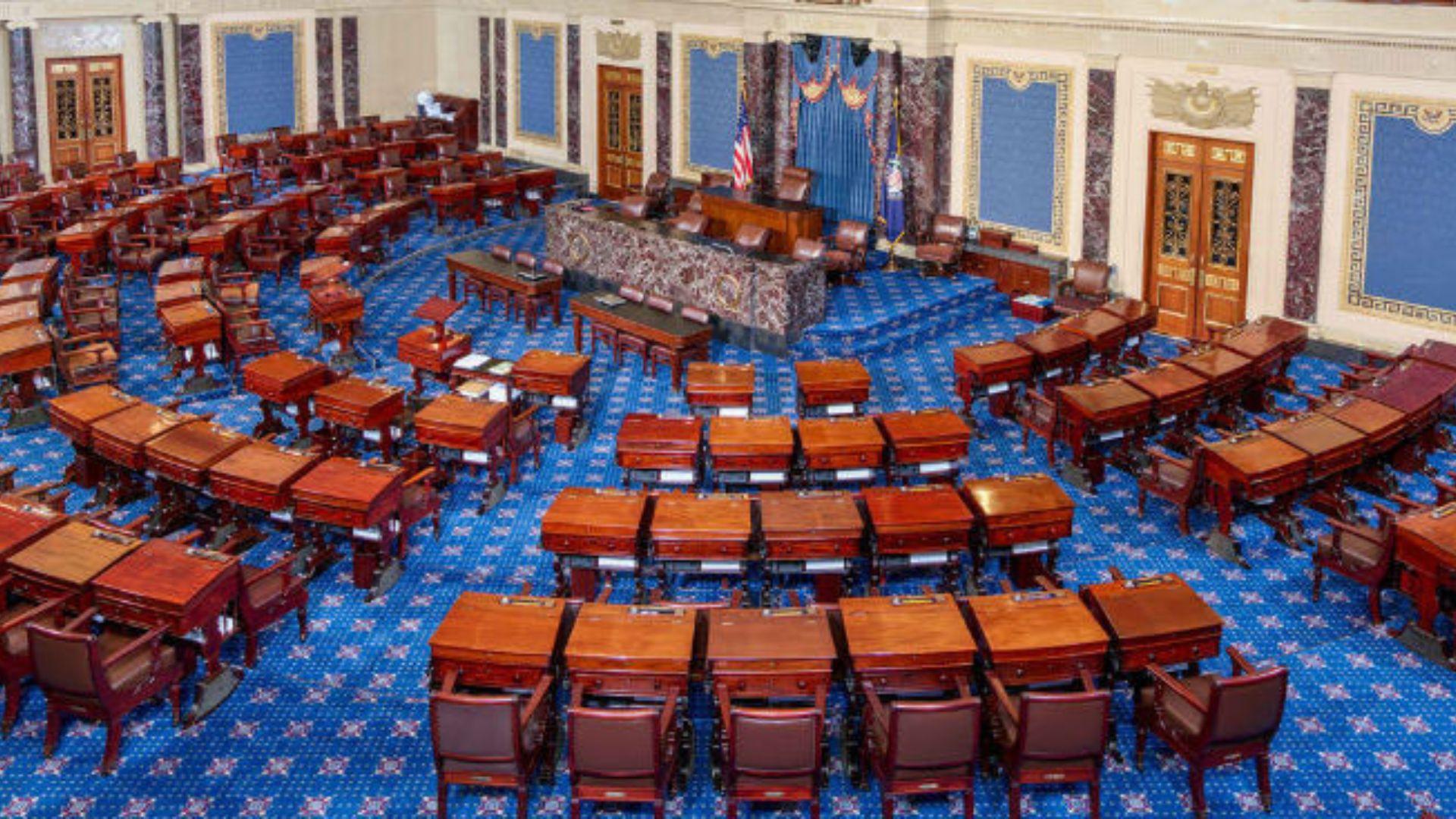
As the bill progresses to the Senate, its potential impact on Florida’s approach to homelessness remains a topic of significant interest.
Should it gain approval in the upper chamber, the legislation is set to become effective starting October 1st.
San Diego’s Homeless Encampments
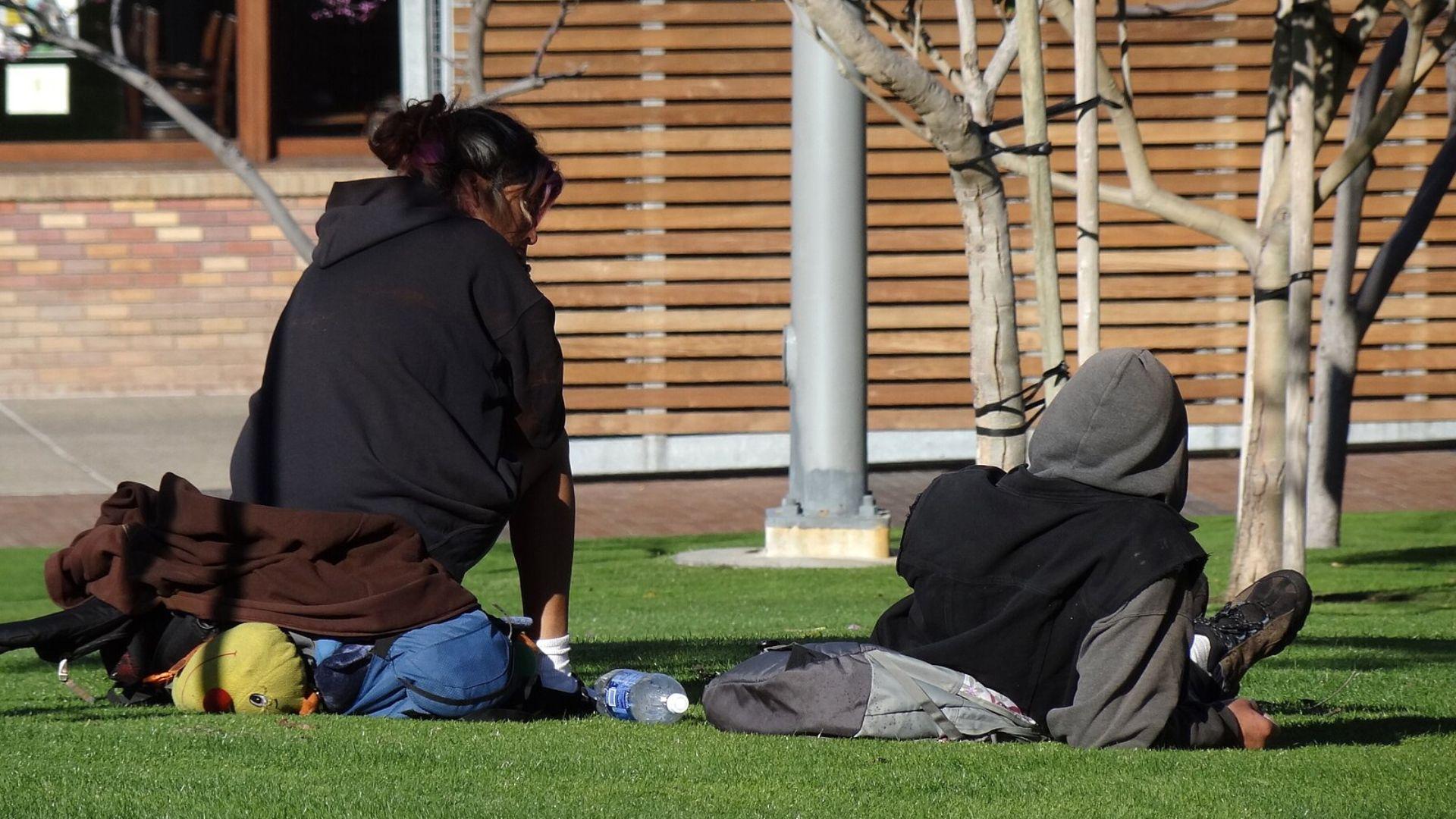
While Florida’s recent homeless ban has sparked widespread debate, let’s shift our focus to San Francisco, where unique measures are being implemented to address similar challenges in urban homelessness.
The city’s recent measures have led to the removal of many tents from downtown areas, showing a marked change in the landscape. This development reflects the city’s intensified efforts to address homelessness, with visible outcomes in public spaces.
Statewide Collaboration on Homelessness Legislation
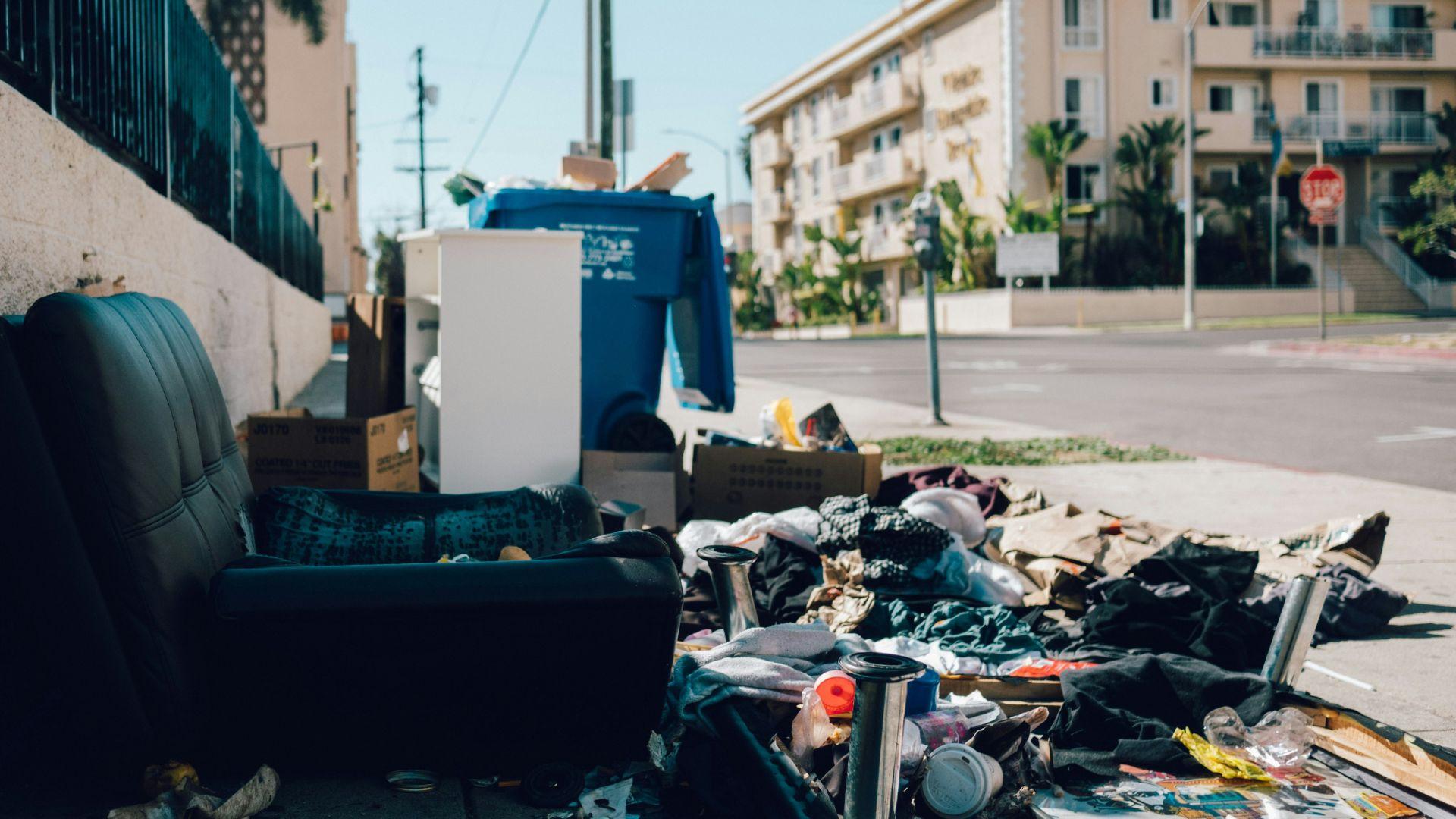
Two California state senators, one from each major political party, are proposing a statewide law similar to San Diego’s recent ordinance.
Their initiative signifies a rare bipartisan effort to address the issue of homelessness across the state. By suggesting a statewide approach, they aim to extend the reach of policies proven effective in specific locales.
The Unseen Side of Homelessness Crackdowns
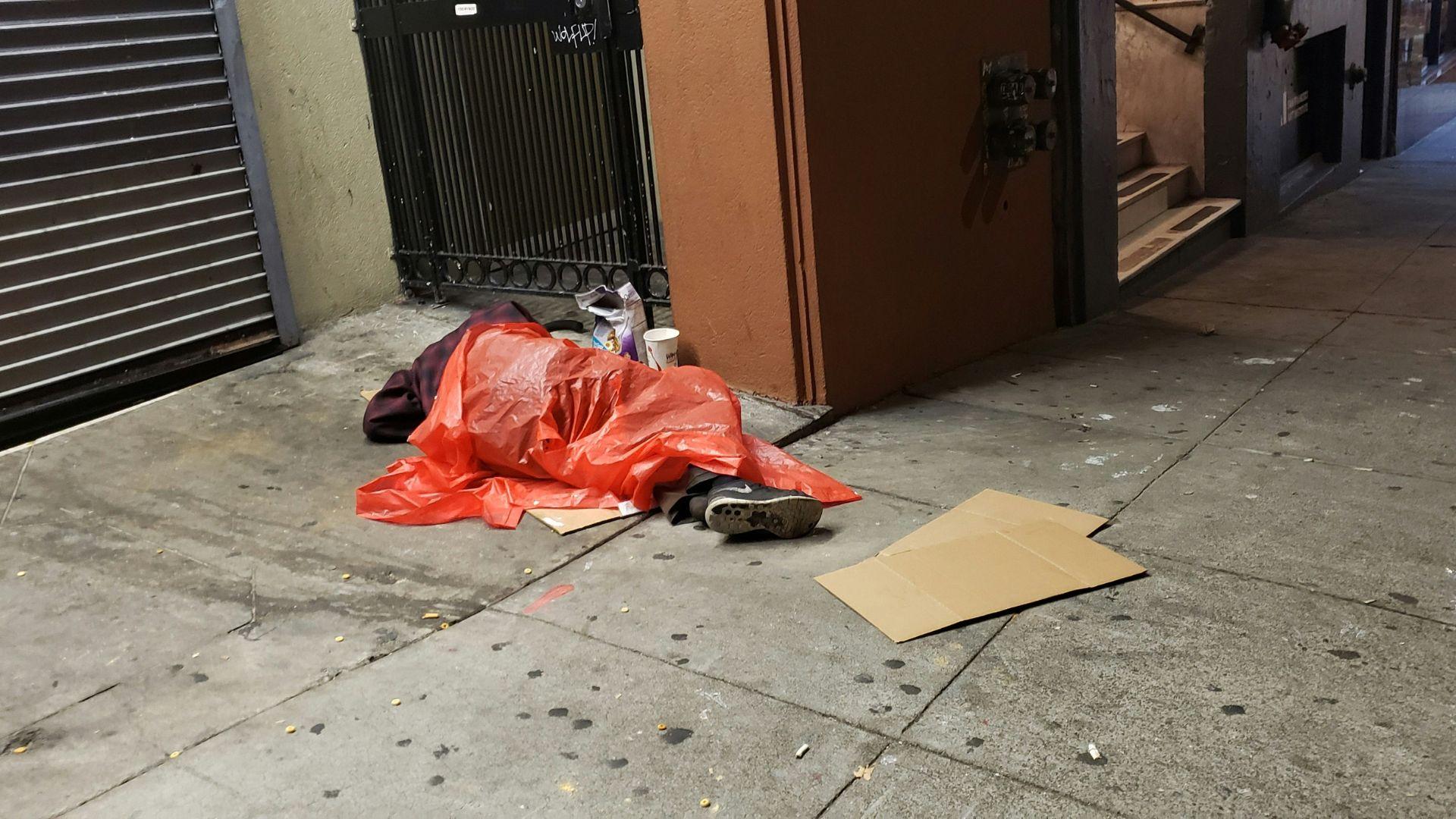
While the streets may appear cleaner, advocates point out that the crackdown has displaced many homeless individuals to less visible areas.
This shift raises concerns about whether the root causes of homelessness are being addressed or merely pushed out of sight. Critics argue that without adequate shelter availability, these efforts might not be as effective as hoped.
Addressing Voter Concerns: Homelessness and Housing Affordability
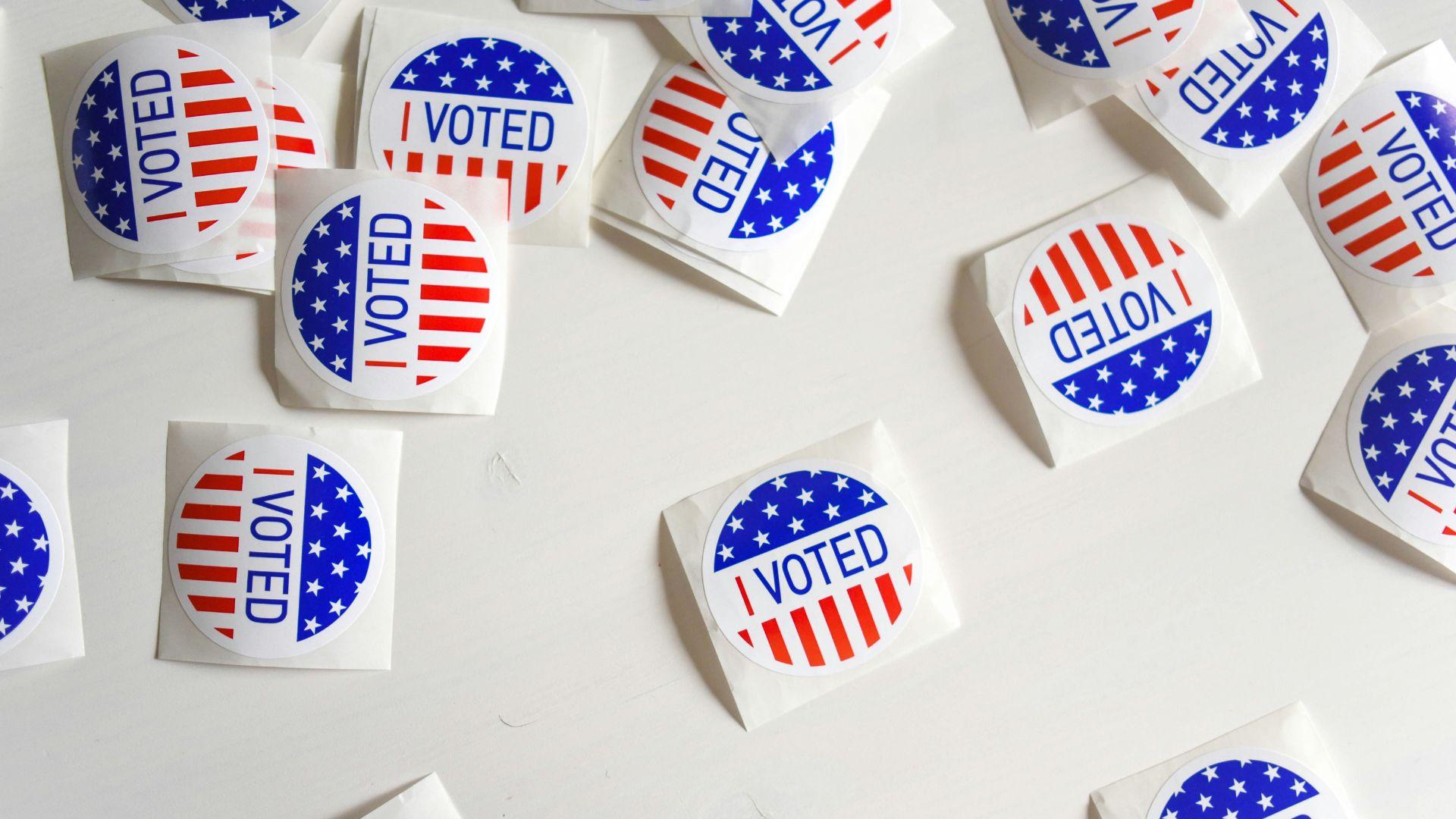
Recent polls indicate that homelessness and affordable housing are major concerns for California voters.
Despite the state’s significant financial investment in related programs, the persistent high numbers of homeless individuals highlight the ongoing challenge.
Supreme Court to Review Anti-Camping Laws
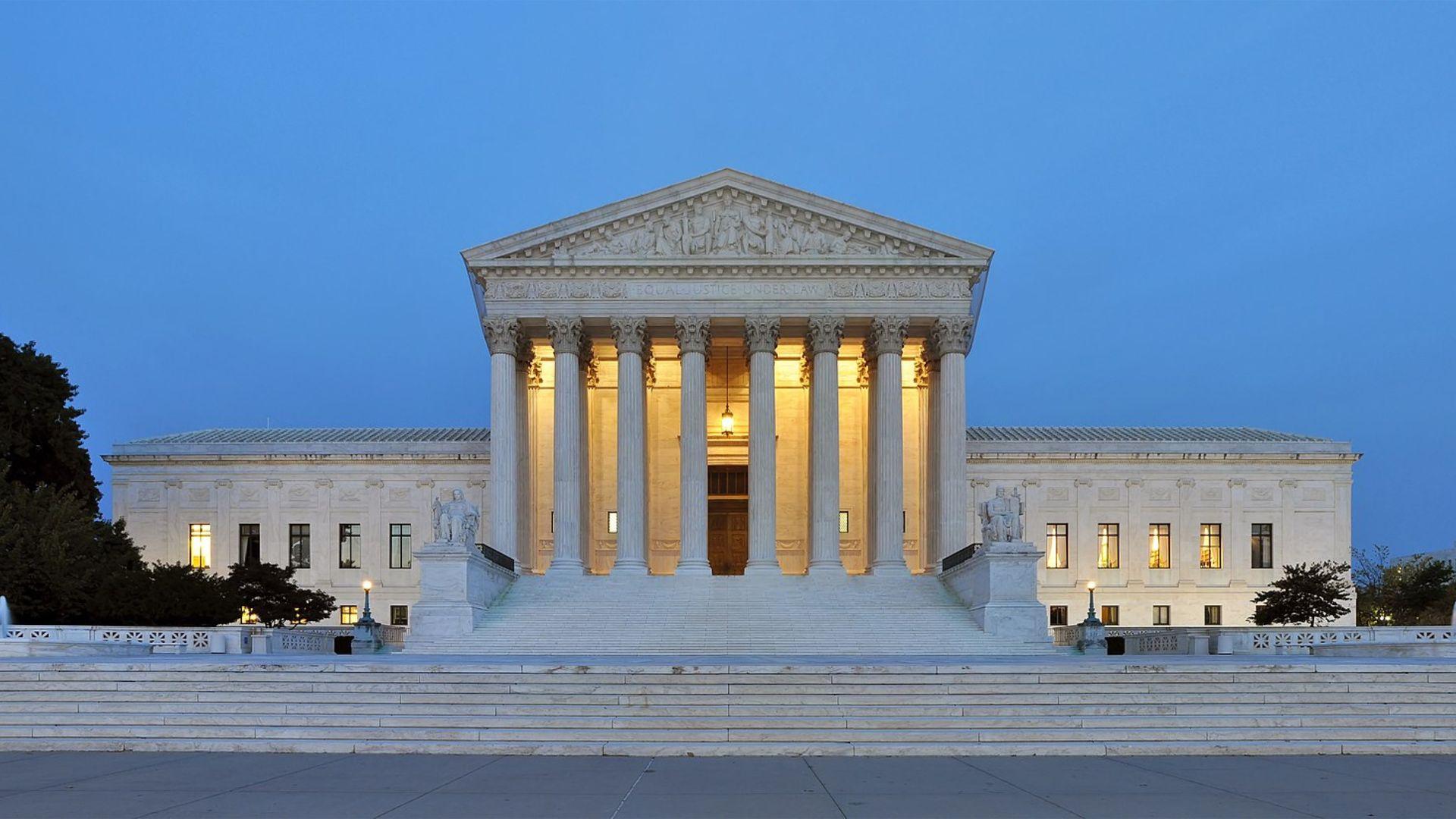
The U.S. Supreme Court is scheduled to review a case that could have nationwide implications for homelessness policies, Reuters reports.
The case will examine the constitutionality of anti-camping laws, particularly in contexts where insufficient alternative sheltering options are available. The outcome could significantly influence how cities across the country address homelessness.
Daily Realities for San Diego’s Homeless Population
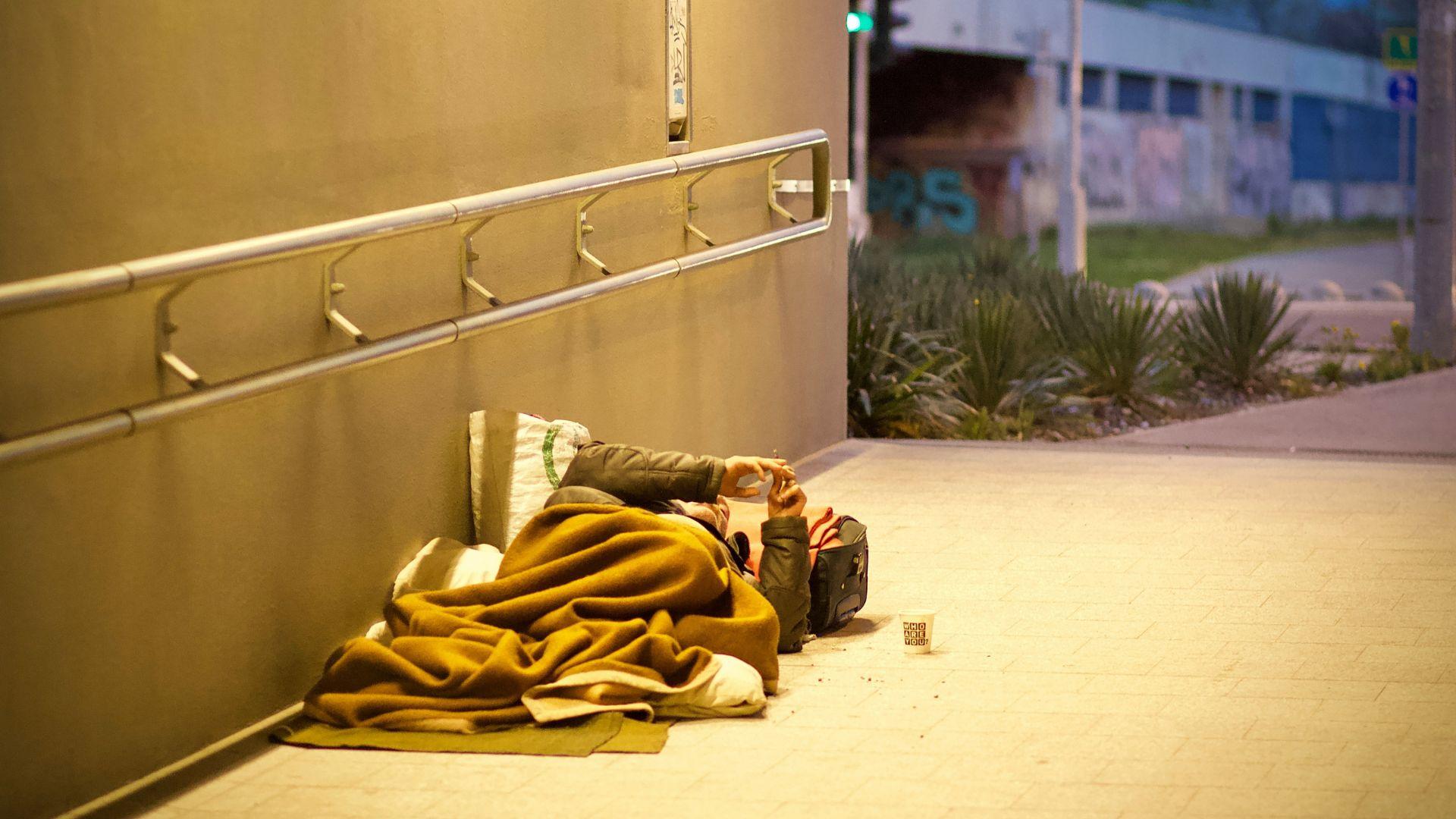
In downtown San Diego, the homeless population remains visible, with many individuals pushing their belongings in shopping carts or sitting on duffle bags as they wait for essential city services. These services range from shelter referrals to food, clothing, and crucial mental health or substance abuse treatments.
A census highlighted that, out of approximately 6,500 homeless people in the city, only about half have been able to find some form of shelter, leaving around 3,285 individuals without a place to call home.
Debate Over Enforcement and Housing Solutions
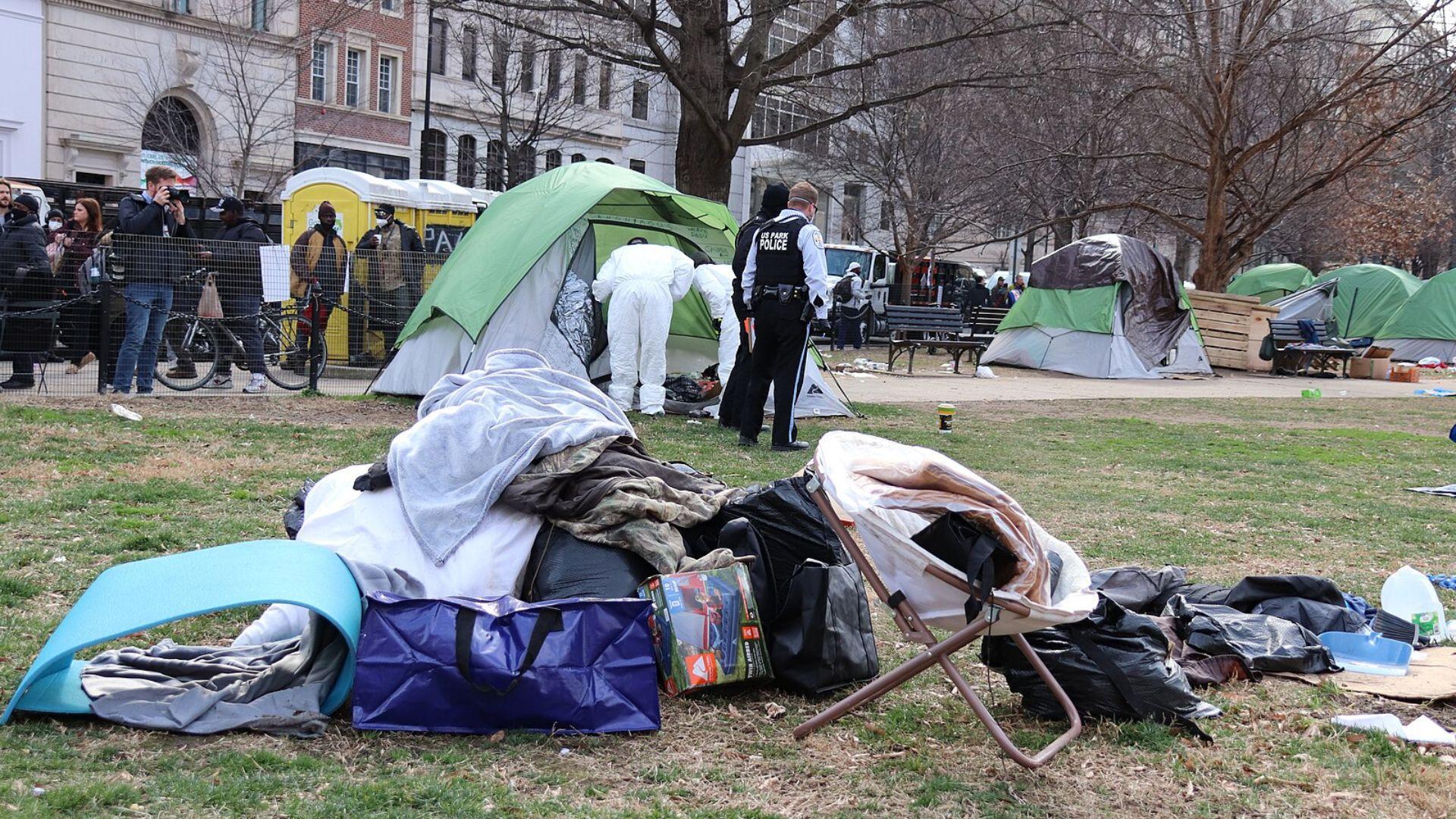
Critics of San Diego’s approach to homelessness, like advocate Michael McConnell, argue that enforcement alone is not a solution.
They emphasize the need for more affordable housing to address the issue effectively. This perspective highlights the broader debate on how best to balance immediate enforcement measures with long-term housing strategies.
Details of San Diego’s Unsafe Camping Ordinance
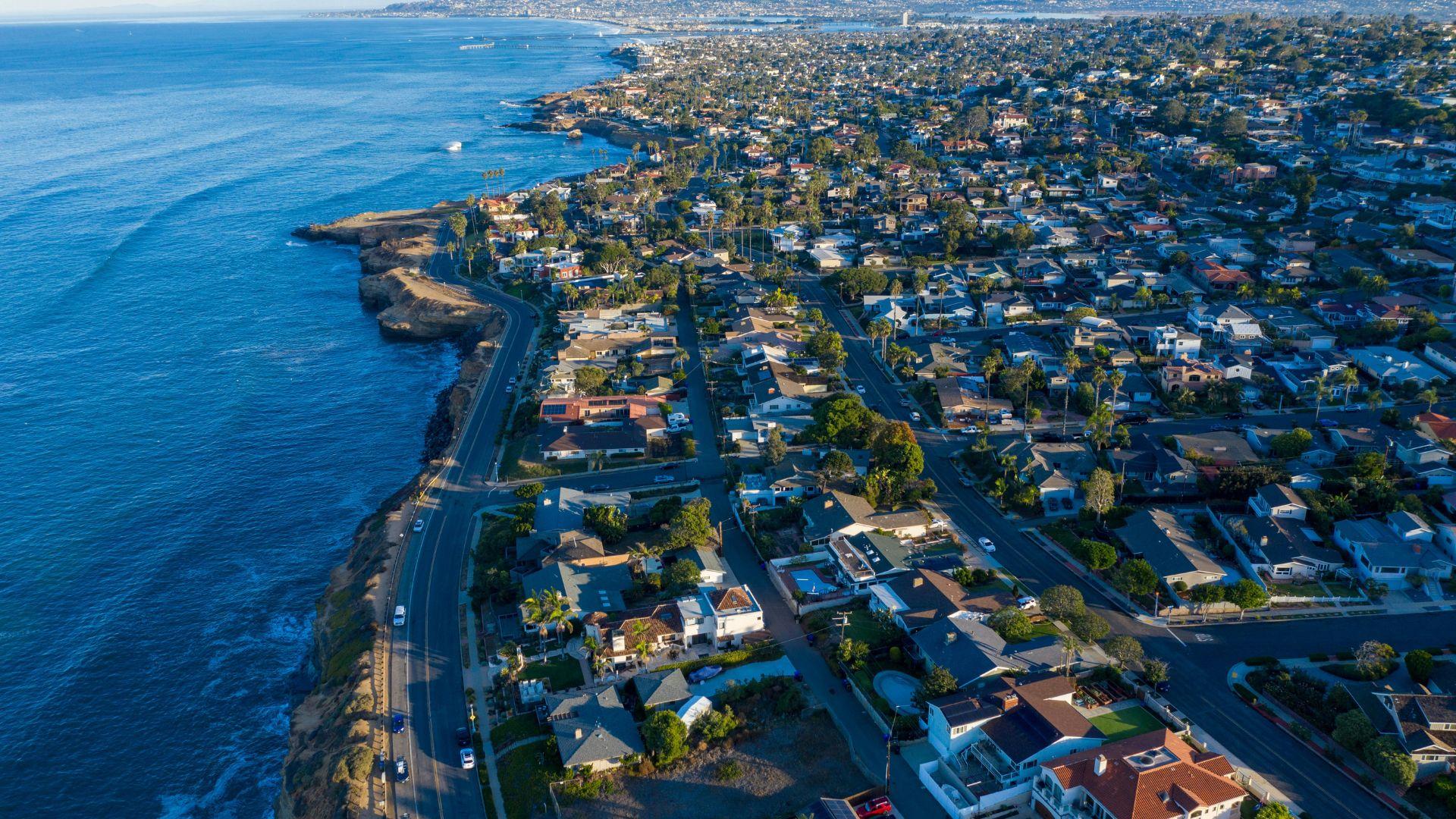
San Diego’s Unsafe Camping Ordinance allows for stricter enforcement of camping regulations in specific city areas.
Passed by a narrow majority, the ordinance reflects a contentious yet decisive action by the city council to address homelessness through regulatory means, demonstrating a commitment to managing public spaces while grappling with complex social issues.
Legal and Public Reactions to Camping Bans
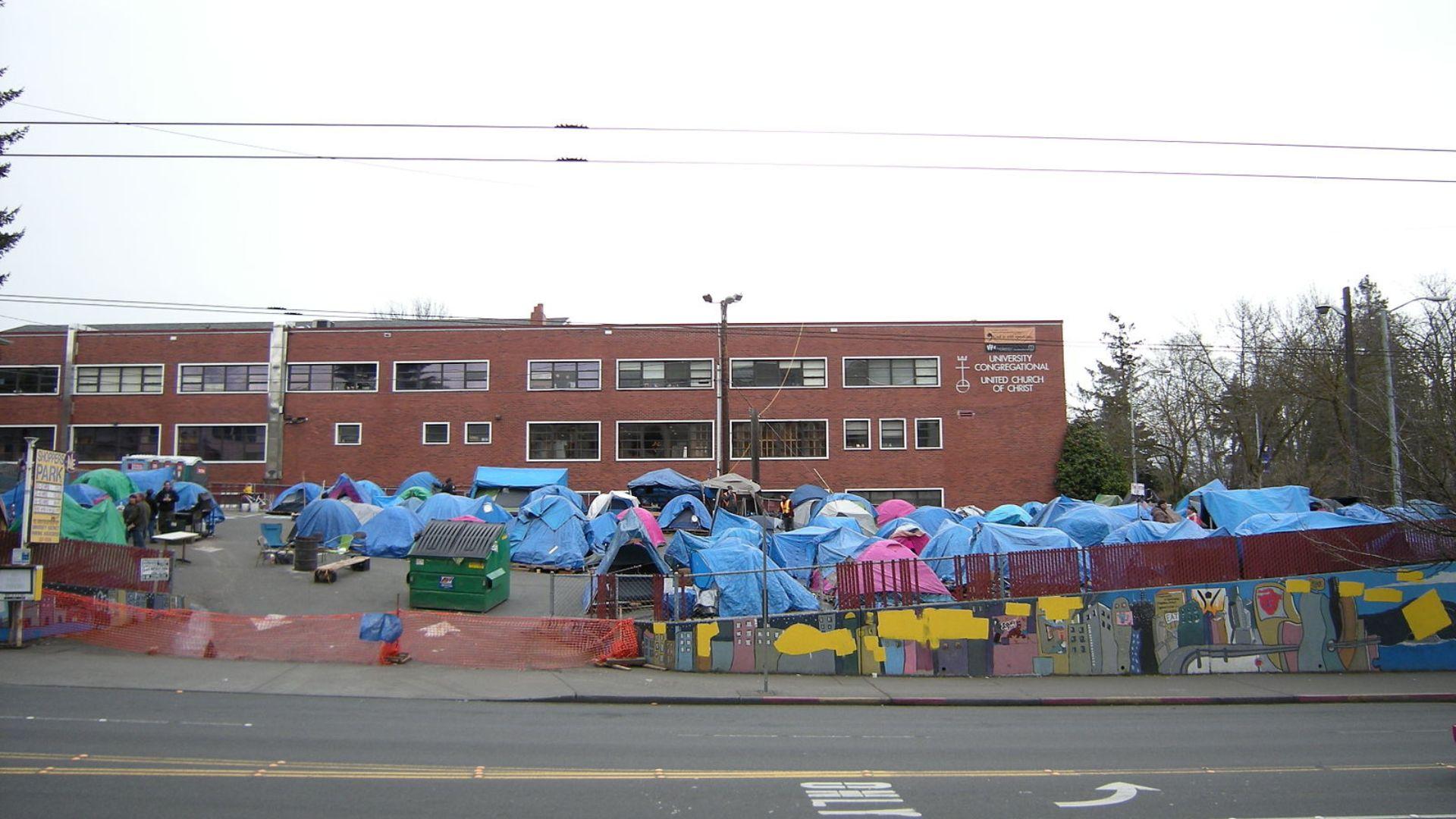
San Diego’s enforcement of its new law has prompted legal scrutiny and public debate. Other cities facing similar legal challenges look to this situation as a potential precedent.
The legal outcomes and public reactions in San Diego could influence broader approaches to homelessness and public space regulations.
One Man’s Experience with Enforcement
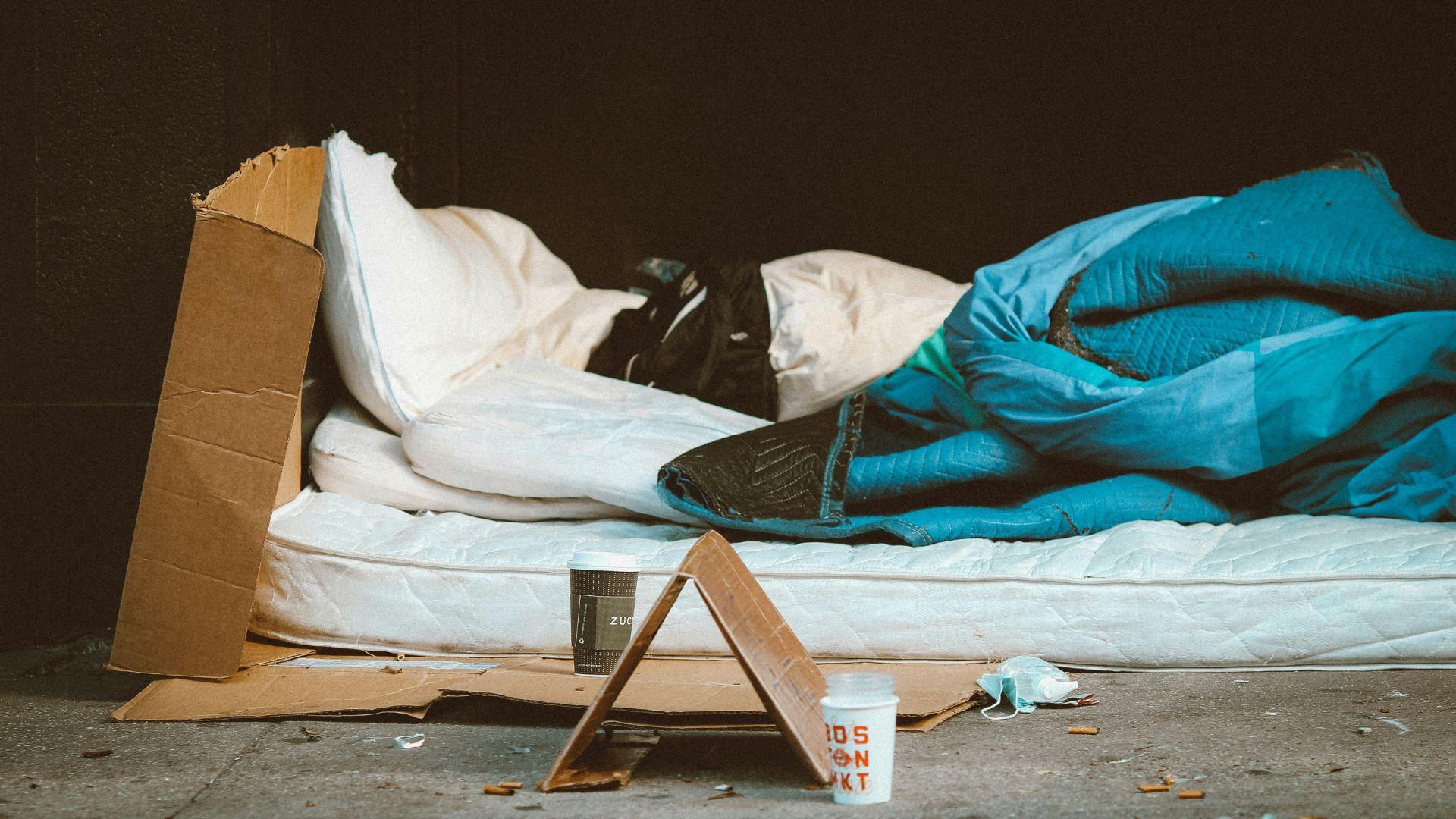
Brother Shine, a homeless resident of San Diego, shares his personal experience with the city’s enforcement efforts. He said “That’s as wrong as two left shoes. It doesn’t make a lick of sense to Brother Shine.”
His encounters with law enforcement officers highlight the individual-level impact of broader policies, offering a human perspective on the city’s regulatory measures and their consequences for those directly affected.
Tracking the Impact: Homelessness in Downtown San Diego
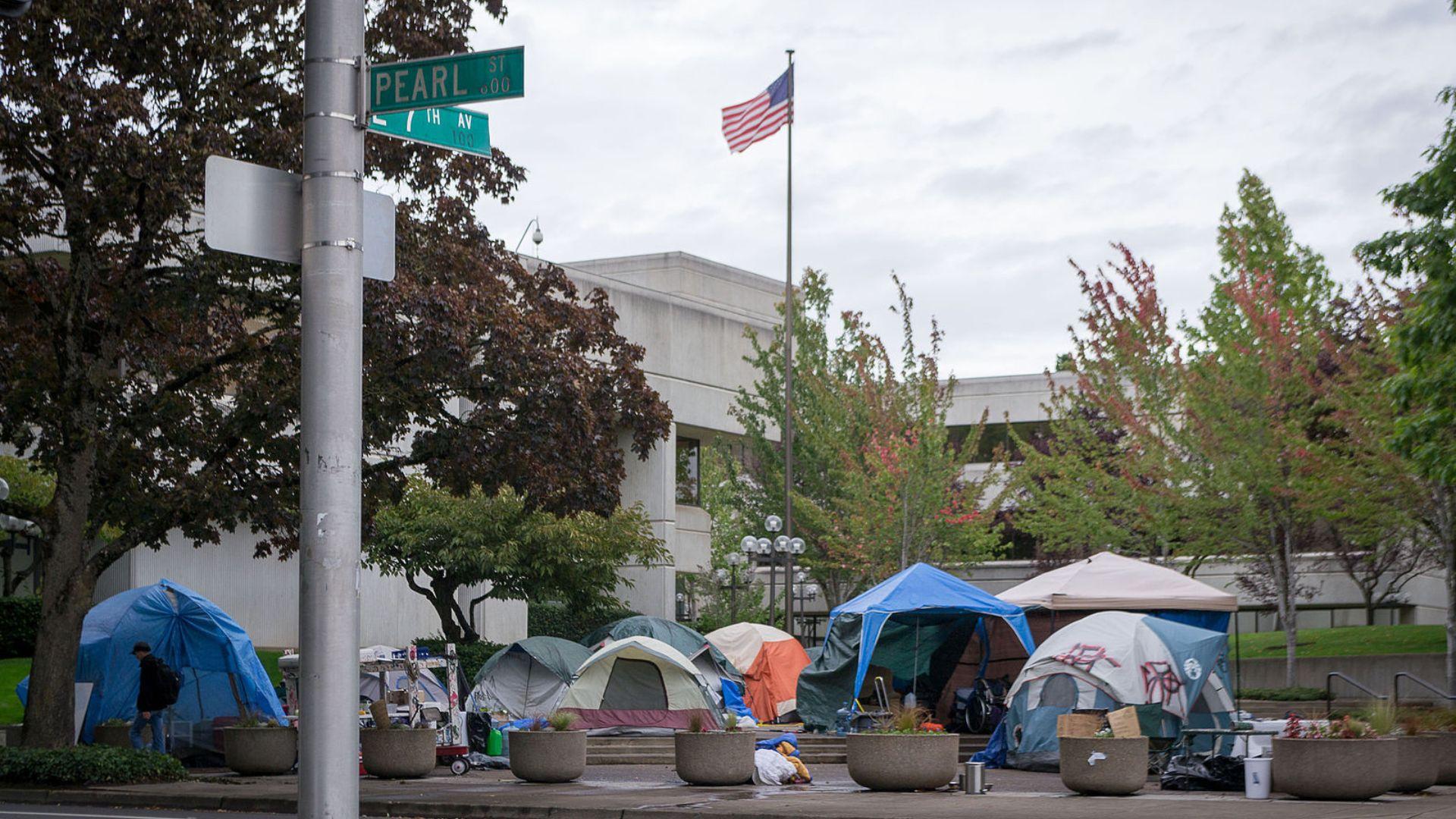
Data from a business alliance in San Diego show fluctuations in the number of homeless individuals downtown, suggesting some impact of the new ordinance.
However, the numbers also reflect ongoing challenges, as the homeless population remains significant, indicating that enforcement measures alone may not suffice to address the issue comprehensively.
San Diego’s Comprehensive Approach
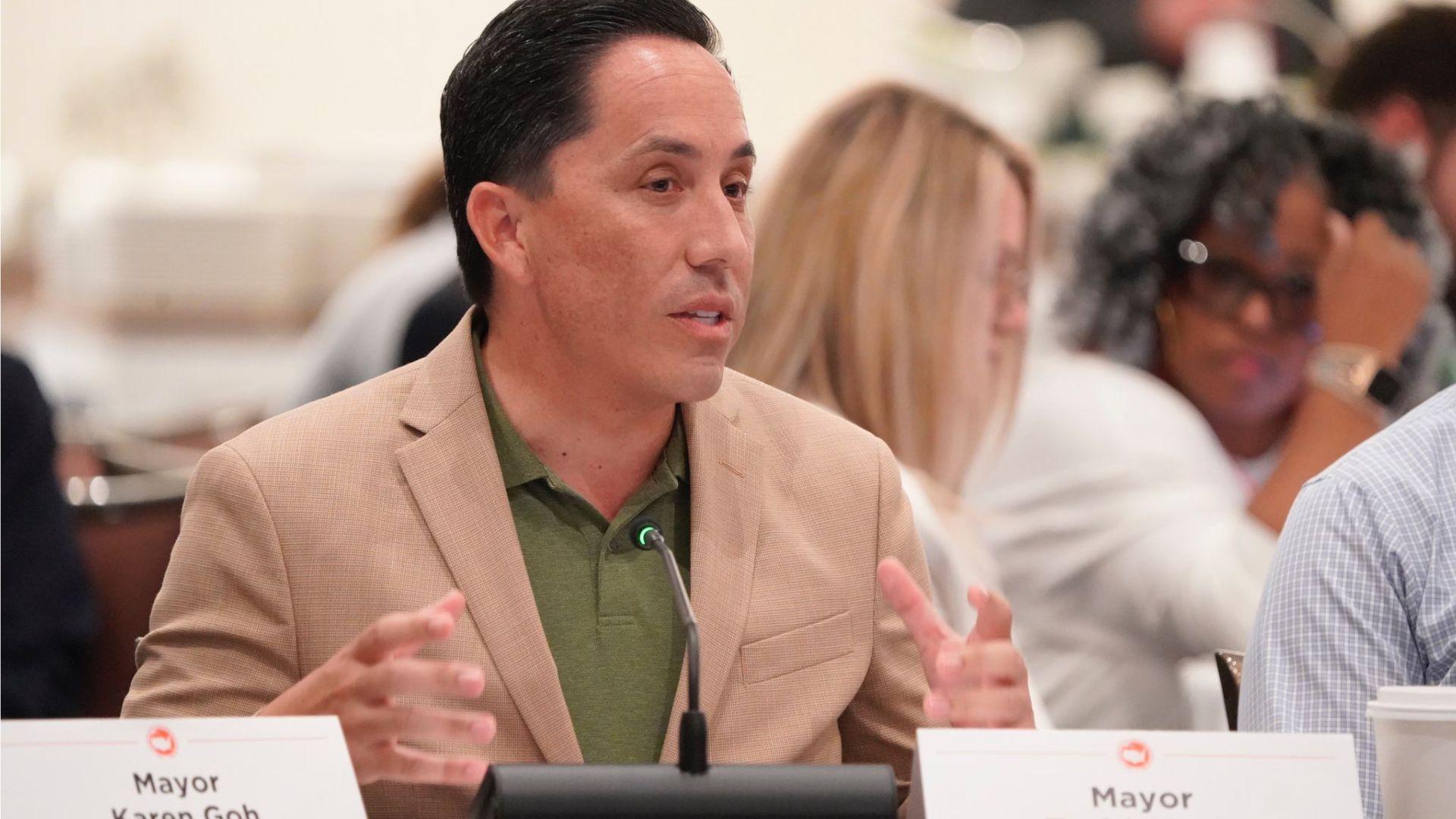
San Diego’s mayor, Todd Gloria, emphasizes a multifaceted strategy to tackle homelessness, combining enforcement with expanded service provision and shelter availability.
This approach aims to balance immediate needs with longer-term goals, focusing on building more shelters and streamlining processes to create permanent housing solutions, reflecting a city-wide commitment to addressing homelessness holistically.

